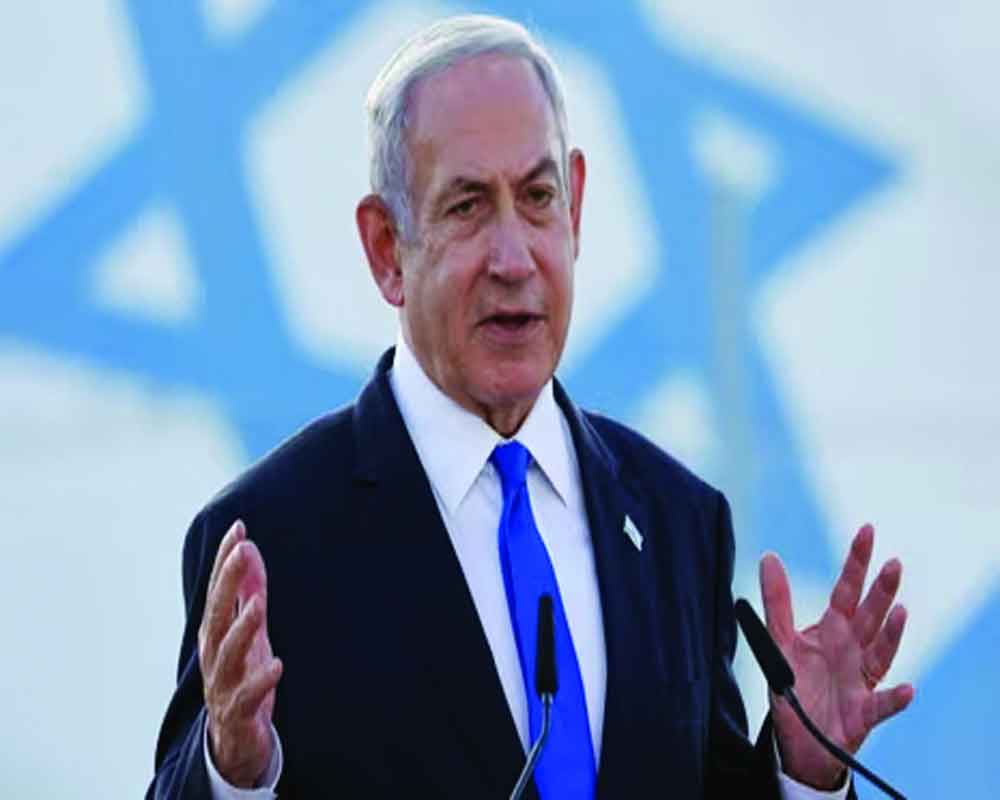As the rift in US-Israel ties gets more pronounced, the chances of peace in West Asia turn bleak
Israeli Prime Minister Benjamin Netanyahu has unequivocally rejected the idea of granting statehood to Palestine after the resolution of the ongoing war. This stubborn stance not only puts off any hope for an early resolution to the Israel-Palestine conflict but also indicates a widening rift between Israel and its ally, the US. The statement comes amid escalating human cost even as global attention is focused on finding a lasting solution to the decades-old conflict. Netanyahu, known for his strong and conservative stance, has asserted that the establishment of a Palestinian State would jeopardise Israel's security and territorial integrity. This is not only a departure from the earlier stand but also in stark contrast to the approach taken by other Israeli leaders who have at times engaged in discussions about a two-State solution. Netanyahu's statement further complicates an already intricate problem. But what must come as a setback for Netanyahu’s Gaza campaign, the US has made a detour in its West Asia approach. Historically, the US has been a key ally and supporter of Israel. However, differences over the Israel-Palestine conflict have now surfaced. Netanyahu's rejection of Palestinian statehood idea exacerbates these tensions, as it contradicts the US position, which has somewhat consolidated its stance for a two-State solution.
The divergence between Israeli and the US perspectives poses challenges for diplomatic initiatives and could potentially complicate the Biden Administration's efforts to broker peace in the region. Should the US stop helping Israel, it would have to come to the negotiating table. The rejection of Palestinian statehood by Netanyahu not only has implications for the Israel-US relationship but also raises concerns about regional peace. The issue has long been a flashpoint in West Asia, impacting neighbouring countries and global geopolitics. The war is already spreading beyond regional borders; it is now turning into a catastrophe on a global scale. With trade routes disrupted and tempers running high, it may add to the world's hunger and poverty. Red Sea remains a crucial trade route for India and other Asian countries and it would hamper India’s international trade. If the war escalates, it would disrupt the supply lines and lead to a crisis that would affect the entire world. The future of regional peace hinges on diplomatic initiatives, dialogue and a commitment to finding common ground. A unilateral rejection of Palestinian statehood may hinder progress towards a peaceful resolution and perpetuate tensions. International actors, including the United Nations and neighbouring Arab States, will likely play a crucial role in mediating and fostering dialogue to address the underlying issues fuelling the conflict. The future of regional peace depends on the ability of global actors to prevail upon the parties involved to resolve issues with dialogue and work towards a comprehensive solution to the Israel-Palestine conflict.


























